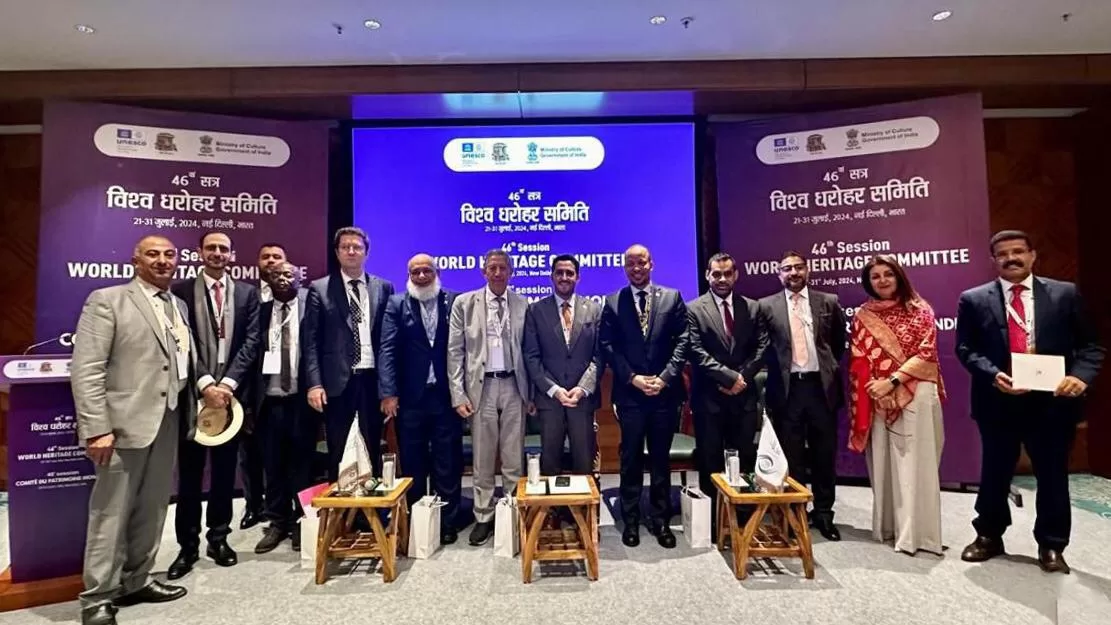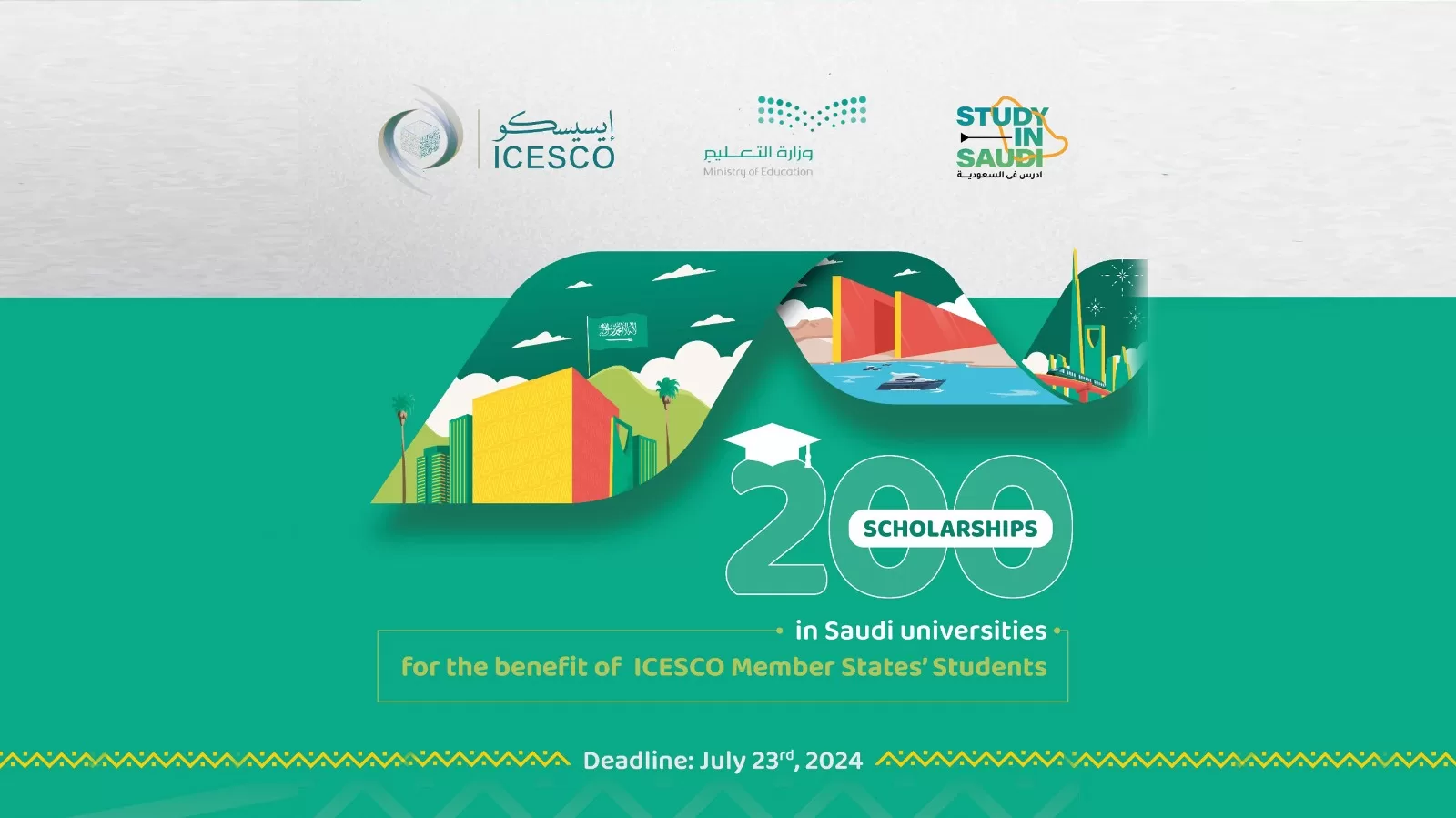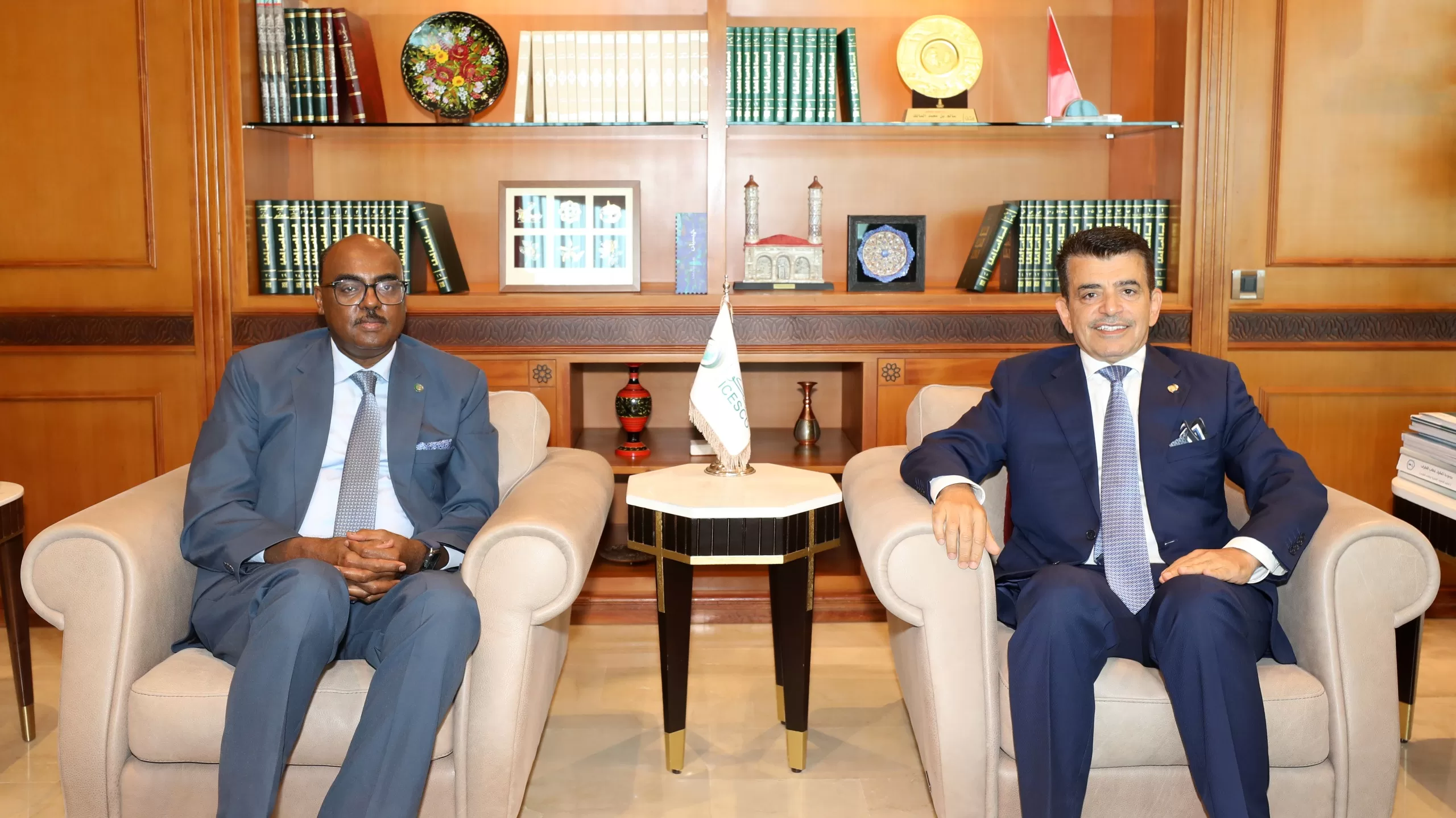
ICESCO reviews Member States’ experiences in the protection of basic rights and freedoms

23 July 2020
The technological revolution has brought unprecedented development to communication between societies. Information now moves swiftly and instantly. The working systems have changed across various fields as a result of these transformations. The flow of information resulted in a threat against rights and freedoms and gave rise to cybercrimes by using personal and professional information and data transmitted through technological media, such as mobile and smart phones and tablets.
Besides, in the last two decades, electronic publishing has significantly increased. The demand for promoting online confidence to share content and data has increased, particularly during the lockdown triggered by the spread of coronavirus, which forced people to stay home. Thus, there has been significant access to various online platforms, which consequently compelled countries and electronic companies to develop protection mechanisms for the data and information circulated.
Since digital media has become part of people’s daily lives, public authorities have developed protection mechanisms for information systems with a vision of safeguarding their citizens’ rights and economies from any infiltration or manipulation likely to cause big economic, financial, and security losses, and threaten the stability and safety of their institutions and citizens.
Against this backdrop, the Islamic World Educational, Scientific and Cultural Organization (ICESCO) reaffirms that the general principle that should be observed necessitates the protection of human rights, the rights of humanity as a whole, and countries’ public systems.
However, some international reports have not considered all the consequences of the modern technological revolution to balance the requirements of the protection of countries’ public systems and fundamental rights and freedoms, so that privileges do not turn into public mistrust.
In this regard, most of ICESCO Member States have achieved notable achievements in entrenching human rights and freedoms and modernizing the legislation relevant to the protection of personal information and data processing.
Accordingly, ICESCO calls for abiding by facts and avoiding the ideological exploitation of the human rights system to exercise pressure on some countries to serve the interests of other parties. The Organization also reaffirms that the many Member States established national constitutional institutions to ensure the protection of rights and freedoms using legal mechanisms and scientific and digital expertise to verify any violation of the personal and professional data and private information of institutions and citizens.
Furthermore, recalling its expertise and commitment to supporting the Member States in such a way as to promote trust in the institutions and organizations of joint Islamic action, ICESCO commends the leading experiences in the protection of privacy of many Member States, including the Kingdom of Morocco, the Kingdom of Saudi Arabia, Republic of Tunisia, the United Arab Emirates and the Republic of Indonesia, to name a few.
The Organization also stresses that the Member States are entitled to protect their citizens’ interests in accordance with the national legislation and total respect for their constitutional institutions and sovereignty, without any intervention in their domestic affairs. This was demonstrated by the referenced documents, particularly “ICESCO Declaration on Cultural Rights”, “Cultural Roles of Civil Society in the Promotion of Dialogue and Peace”, and “Practical Guide to Cybercrimes-related Threats to Children”.
ICESCO seizes this opportunity to publish a new study entitled “Artificial Intelligence Developments and Requirements of the Protection of Basic Rights and Freedoms,” which can be accessed via the link below:
http://www.icesco.org/wp-content/uploads/2019/12/%D8%AA%D8%B7%D9%88%D8%B1%D8%A7%D8%AA-%D8%A7%D9%84%D8%B0%D9%83%D8%A7%D8%A1-%D8%A7%D9%84%D8%A7%D8%B5%D8%B7%D9%86%D8%A7%D8%B9%D9%8A-%D9%85%D9%82%D8%AA%D8%B6%D9%8A%D8%A7%D8%AA-%D8%AD%D9%85%D8%A7%D9%8A%D8%A9-%D8%A7%D9%84%D8%AD%D9%82%D9%88%D9%82-%D8%A7%D9%84%D8%AD%D8%B1%D9%8A%D8%A7%D8%AA-%D8%A7%EF%BB%B7%D8%B3%D8%A7%D8%B3%D9%8A%D8%A9.pdf



